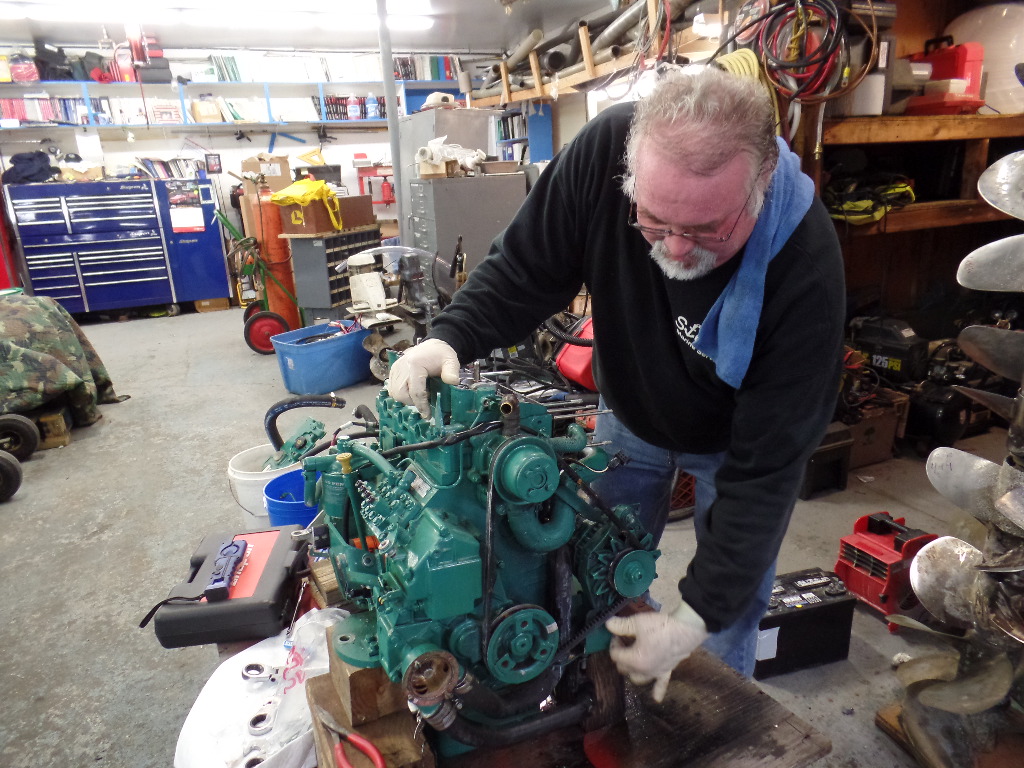
Think you know how to keep your engine going? Well, you might but then again, you may not. You probably filter the fuel, change the oil, and make sure the cooling water is flowing. And, of course you've read the engine manual. Or have you? I'm betting there are lots of things you've missed in that little bible, and that once you got past Page 5, you only scanned the pictures.
Too bad, because even though you think you know what you're doing, you might be screwing up your engine by doing dumb things such as...
You Never Listen Turn a deaf ear to your boat. A sound that imitates a squealing pig probably means a belt is loose. A metallic tapping that keeps time with engine rpm means your valves, lifters, or rocker arms are in trouble. Grinding and grating metal could mean a water pump bearing is shot. If your exhaust gets louder and has a higher pitch, there's probably less cooling water running through it-check the water pump. Ignoring it is music to a mechanic's banker. Addressing it may cost you a few bucks but save you a ransom.
Stay Out of Hot Water. Install your thermostat backward so the heat-sensing part is located on the wrong side. This is a surefire way to guarantee your engine overheats. It's such an easy mistake, even the pros do it.
You Don't Look Down. Disregard engine gauges at your own expense. Airplane pilots are taught to regularly scan their gauges. They start at one side of the panel and pan slowly across, looking at everything, and then pan back the other way. With only a few gauges on a boat, this pan and scan shouldn't be a big deal. Some owners turn their gauges so the needles point up, to high noon, when running normal. It looks odd, but it's easier to recognize when a change occurs.
Turn Up Your Nose. Smell the fresh sea air and ignore the engine room's funk. A healthy engine has a distinctive odor. Take a whiff and remember it. Then when an odorous messenger shows up, you'll know something's wrong. The acrid stench of burnt rubber could come from a dry-running water pump impeller (look for a clogged water intake), not enough cooling water reaching the exhaust, a slipping V-belt, or a failed coupler in the stern drive. A hint of burnt oil might mean the engine was run hard, or if it's a strong odor, there's an oil leak dripping on the hot engine. A cloying sweet aroma indicates leaking antifreeze. And a smell like burnt hair could be an electrical short.
So take some advice, pay attention, and use the services of a professional.